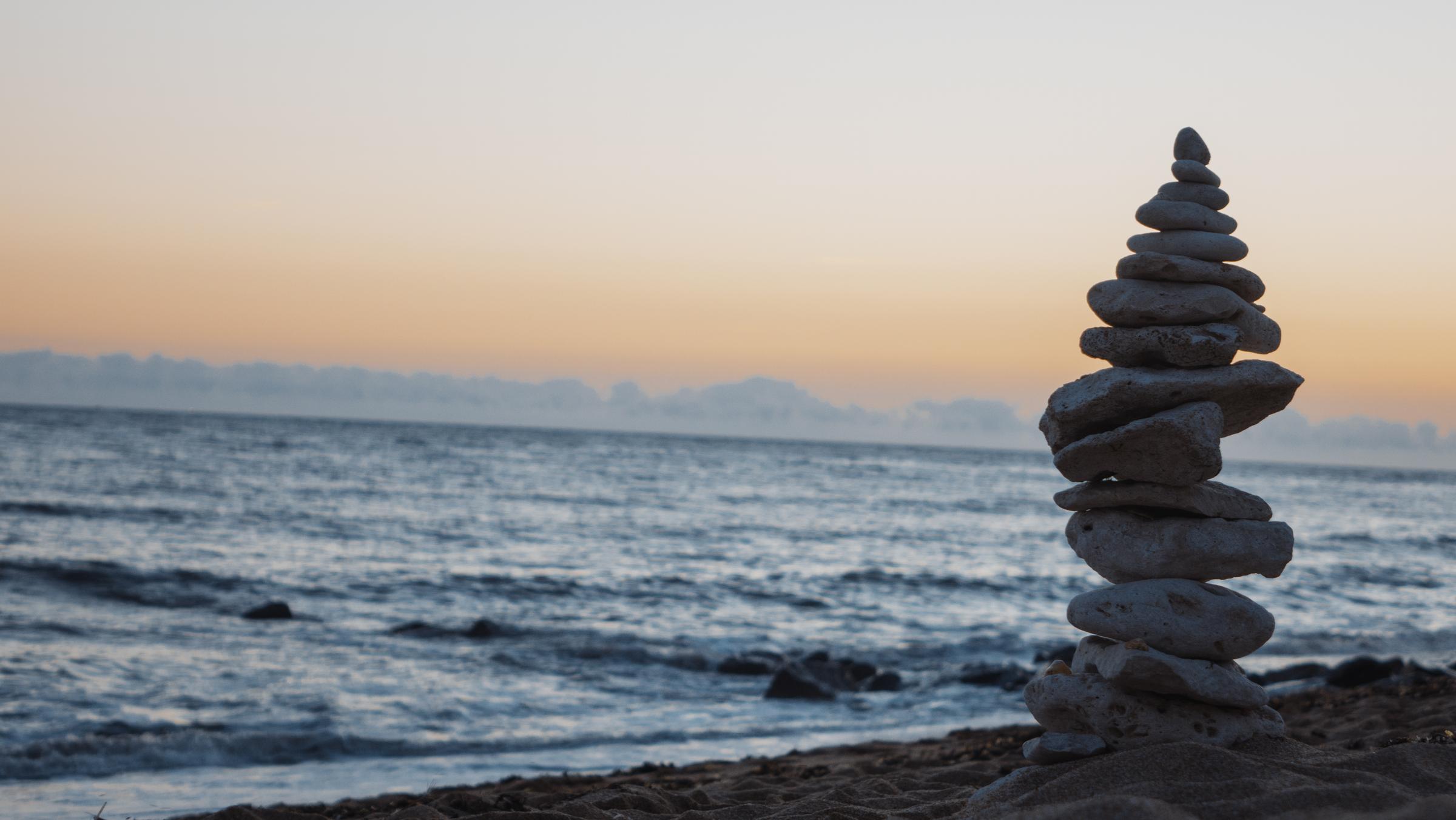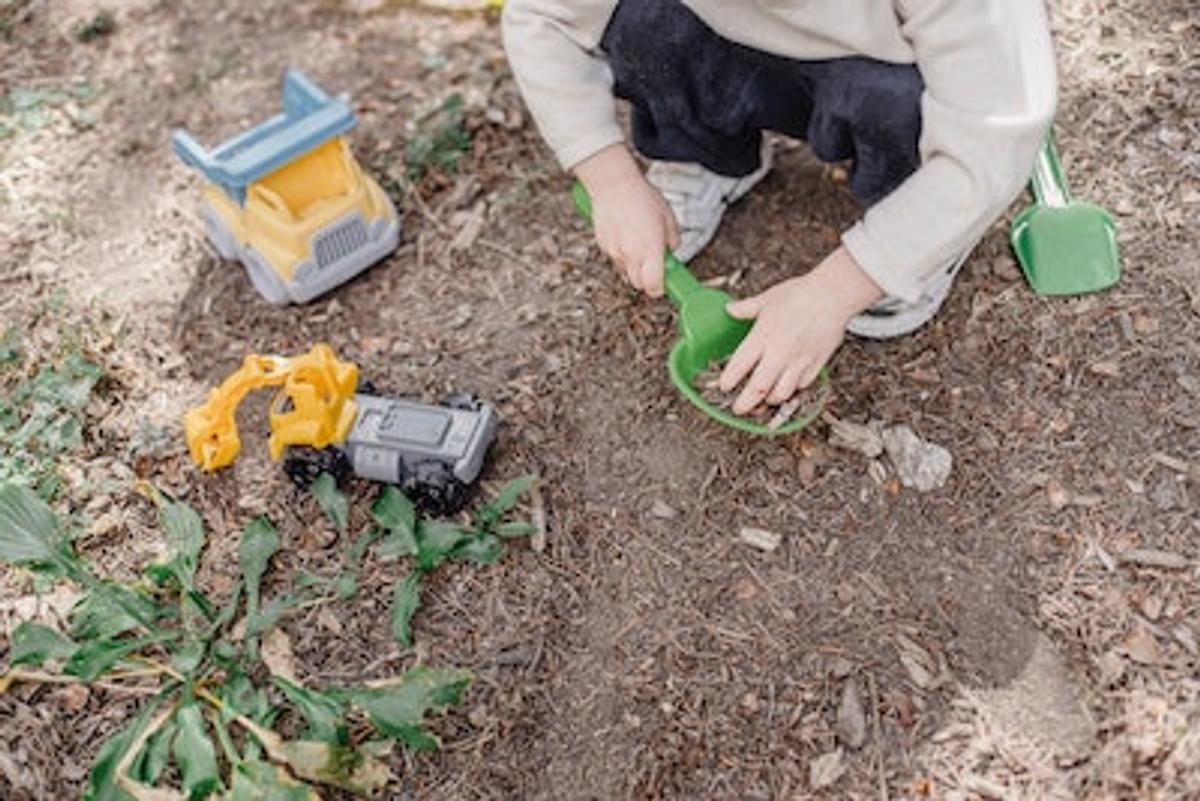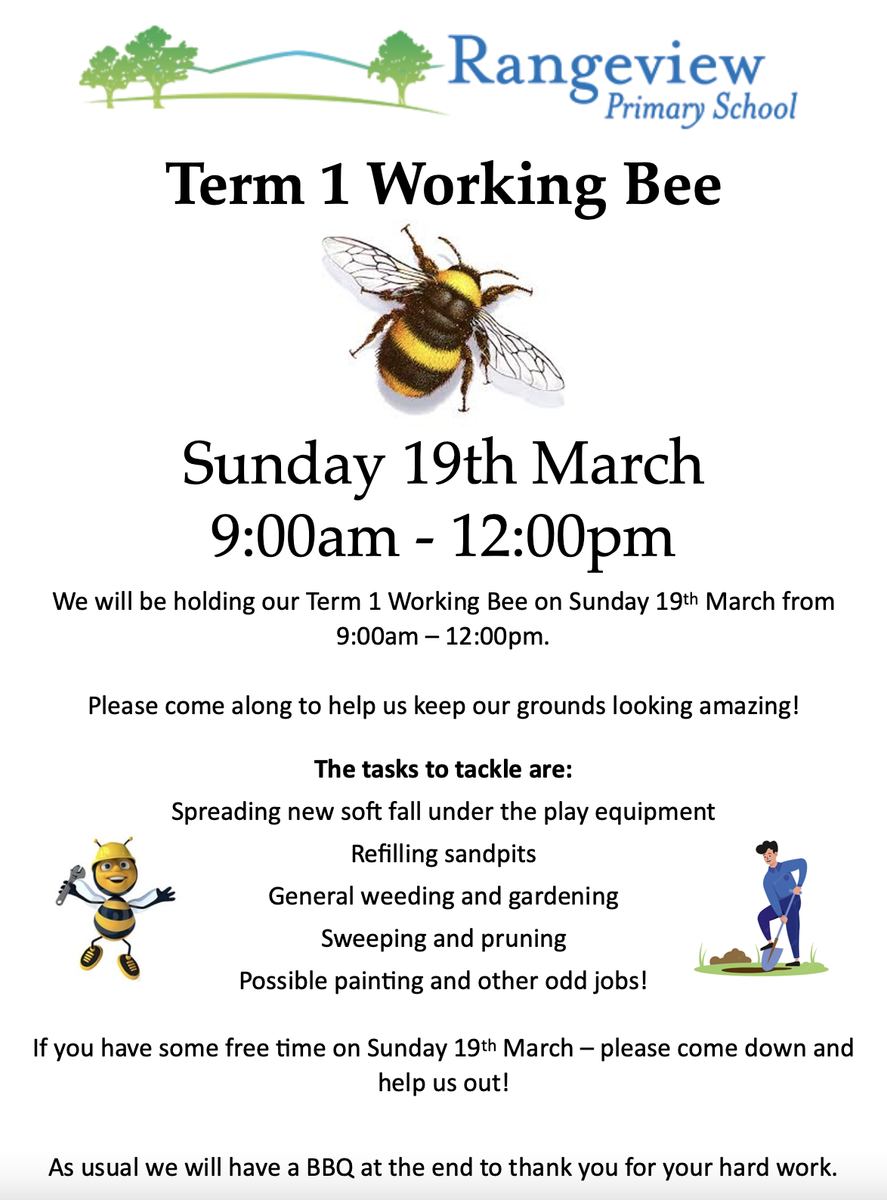Wellbeing & Engagement
Today is a great day to be you!

Wellbeing & Engagement
Today is a great day to be you!


Wednesday March 15th 6:30pm-8:00pm.
We can't wait for this event! I'm all signed up and ready to attend... how about you?
Martin Heppell from TRP will share some of his stories and speak to us about what we can do to benefit the mental health of ourselves and those around us.
We strongly encourage you to prioritise being present for this event - not only for your own benefit, but to also further understand what we are working on at Rangeview and the sort of content your children are engaging with in the classrooms each week.
You could simply tune in and listen from a distance; you could watch along by yourself OR even better, participate in this webinar with your family - students are welcome to come along!
Please click on the link shared here to register for this event. It is important you register, as this will generate a link/email for you to attend. You can also share this link with anyone else you think might enjoy the show!
https://us02web.zoom.us/webinar/register/WN_tWLlDrq3QbmIOzKvO5-SpA
Note: The article below has been provided by The Resilience Project


In days gone by before our current ‘Screen Age’, children’s cries of “It’s sooo boring!” or “I’m bored!” were often met with the one solution: “Go outside and play!”
It seems these parents were really onto something.
Research globally shows that allowing children to feel boredom and encouraging them to create activities to fill the space can be a springboard to building better emotional wellbeing and mental health. And this is a state that should be encouraged not avoided.
Leah Stevenson, The Resilience Project’s Teaching and Learning Advisor, agrees and says we all need time to sit with our feelings, not find ways to continually escape them.
“Technology and devices can really numb our feelings. If we don’t give ourselves time to allow our thoughts to wander, to daydream, we don’t give ourselves the space to process big emotions, especially something like trauma. We just don’t get the time to learn how to deal with it. This is important for children too. The way I like to explain it is, device-free time creates presence; presence creates conversations; conversations create connection and connection creates resilience.”.
What the research says
In 2017, Toy Company Melissa and Doug commissioned a survey of 1,000 parents each from the UK, Canada and Australia to discover how children’s free time was spent. It revealed that “too few parents let boredom work its magic”. Although more than two thirds of the parents surveyed said they were worried their children spent too much time on electronic devices, only a quarter of them let their child confront boredom on their own.
Scientific American also revealed research by the Lego Foundation, which found that unstructured play – that is, activity guided more by imagination than rules – helps children to develop fine motor skills and importantly, social, communication and emotional skills that build resilience.
This type of play, VicHealth says, also fosters risks-taking, demonstrating that it is okay to make mistakes and helps children learn how to deal with the consequences of mistakes. These are essential skills that are needed all throughout life.
Role modelling boredom
Leah also stresses how important role modelling is in influencing behaviour change with children. “I think a really big point is how are we role modelling back to our kids. How often do we allow ourselves to be alone with our thoughts, to have time-out from our devices? How many times are we in a doctor’s waiting room for example or waiting for a friend in a café and are filling in the time on our phones or other devices?”
Persuading your children to replace screen time by embracing boredom and doing a bit of creative thinking instead of numbing out with screens will take practice. You might want to name these new activity sessions something like “Boredom Busters” that will signal to the children that fun times are ahead, and they may start to look forward to them or even request them.
Making the most out of boredom
Giving children opportunities to see just how inventive they can be by allowing them to come up with their own boredom busters, can turn out to be quite magical. While parents and carers can help provide a framework for their imaginative play, kids should be empowered to drive the creativity.
If you need it, check out the ideas below to help get them started:




Our Fathering Project team is gearing up for another big year of events to support the students at Rangeview!
Some of the wonderful events of the past include bike rides, bowling nights, barbecues... and of course a major highlight was the first ever Fathering Project camp-out on the oval at the end of last year!
To kick off 2023, our Fathering Project leaders would like to invite you down to the Mitcham Social on Friday, March 24th from 6:30pm.
This is a social get together to see old faces and new, who would like to be involved with the RPS Fathering Project for the coming year. Come down and meet the fellow members of the RPS Fathering Project; drinks and food at bar prices.
Please click on the link below to register for this event, which will assist with planning for specific numbers to attend.
https://www.eventbrite.com.au/e/rps-fathering-project-2023-welcome-event-tickets-565916961867
Have a wonderful week!
Liam Sommers
Assistant Principal
Wellbeing and Engagement

